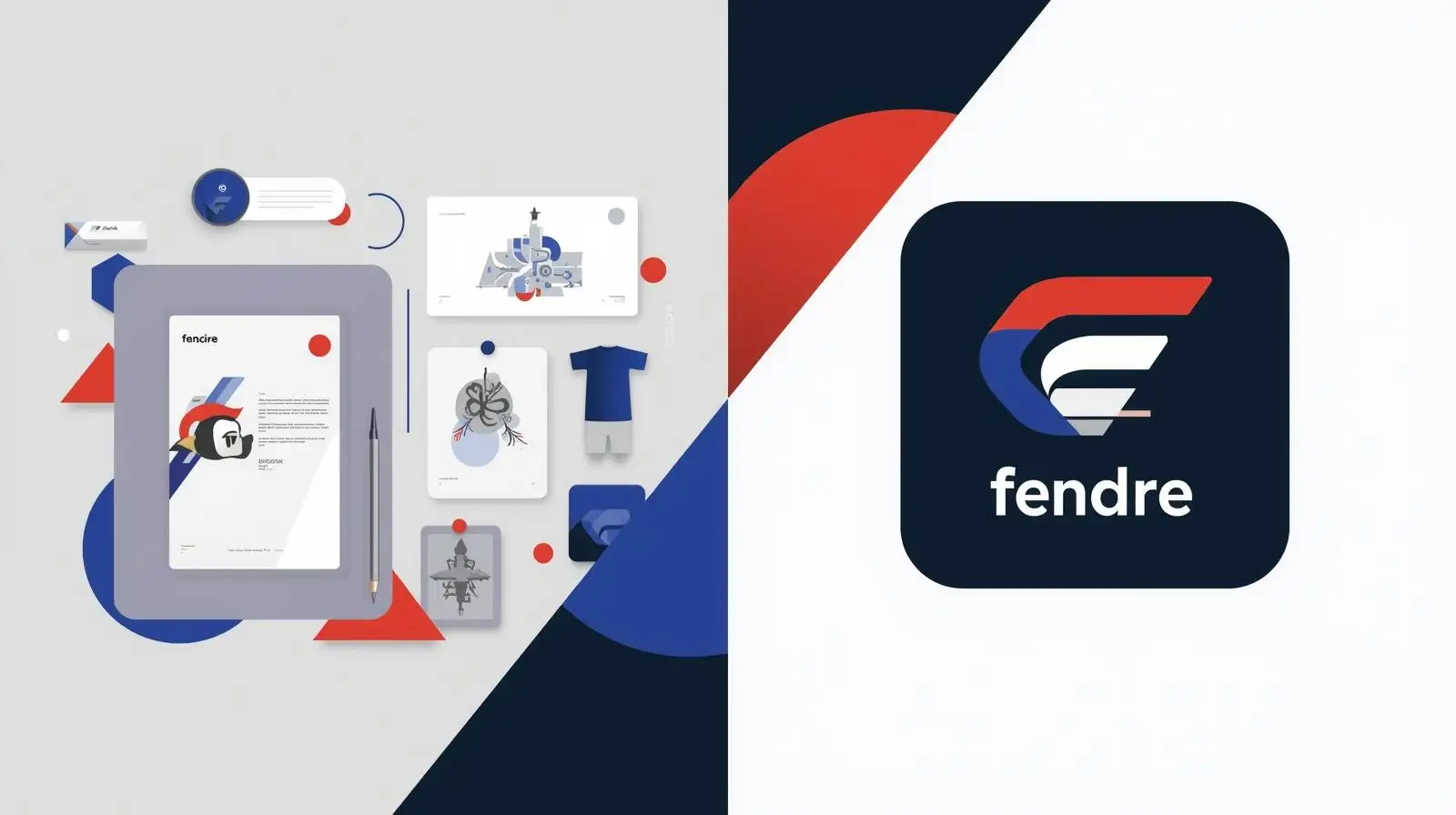In today’s fast-paced online world, marketing has evolved into many specialised branches. Among the most common and often-confused types are affiliate marketing and digital marketing.
While both aim to grow online visibility and revenue, they operate differently. This article on affiliate marketing vs digital marketing explores their core differences, strategies, benefits, and how to choose the right approach based on your goals.
Understanding both forms is essential, especially for businesses or individuals looking to maximise reach and revenue online. Let’s examine their definitions and roles in the online ecosystem.
What is Affiliate Marketing?
Affiliate marketing is a performance-based model where individuals (affiliates) promote a company’s products or services and earn a commission for each sale or lead they generate. It’s a win-win setup that allows businesses to expand their reach without spending upfront on advertising.
Affiliates drive traffic using blogs, social media, YouTube, or email marketing. They insert unique affiliate links that track clicks and conversions. This approach is low-risk for businesses and can be high-reward for marketers.
Key elements of affiliate marketing:
- Performance-based earnings
- Tracking through unique affiliate links
- Promotion by third-party marketers
What is Digital Marketing?
Digital marketing is a broad umbrella term that includes all online efforts to promote a product or brand. It comprises many channels, including SEO, PPC, content marketing, social media, and email marketing. Unlike affiliate marketing, it’s usually carried out by in-house teams or digital agencies.
Digital marketers use analytics, tools, and strategies to attract and retain customers online. They aim to increase traffic, brand visibility, and conversions through owned, earned, and paid media.
Key elements of digital marketing:
- Multiple online channels are involved
- Focus on brand awareness and customer engagement.
- Can be organic or paid
Affiliate Marketing vs Digital Marketing: Discover the core differences.
Though both models exist in the digital space, their approach and operations vary. The main distinction lies in execution and intent.
Digital marketing is an overarching strategy, while affiliate marketing is just a part. Let’s break down the differences between affiliate and digital marketing regarding control, cost, and scope.
Affiliate marketing requires businesses to rely on external promoters. They don’t have complete control over how their brand is presented. On the other hand, digital marketing offers businesses more control, but it demands more resources, planning, and often a higher budget.
Main differences at a glance:
- Ownership: Affiliate marketers are third parties, while digital marketers are part of a business or agency.
- Cost: Affiliate marketing is commission-based; digital marketing involves upfront ad spend and tool costs.
- Strategy: Affiliate marketing focuses on sales; digital marketing aims for long-term brand building.
Benefits of Affiliate Marketing
Affiliate marketing is cost-effective and low-risk, making it ideal for beginners and startups. Since affiliates earn only when they make sales, businesses save on upfront costs. It also offers a passive income stream for promoters and is easy to scale through multiple partnerships.
With flexibility in promotion and broad audience reach, affiliate marketing provides a smart way to grow without heavy investment.
Benefits of Digital Marketing
Digital marketing offers several key advantages, including quickly tracking real-time performance and adjusting strategies. It provides a wide range of tactics such as SEO, content marketing, and paid ads, all within one strategy.
This allows businesses to target specific audiences effectively and build long-term brand loyalty. Additionally, digital marketing is measurable, enabling companies to calculate ROI and optimise their efforts for better results.
Challenges in Affiliate Marketing
While affiliate marketing is popular, it comes with its own set of challenges. One major issue is the lack of control over how affiliates promote your products. It can lead to misleading promotions or even brand reputation damage.
Another limitation is dependency. If affiliates stop promoting or your top performers quit, revenue can drop. Plus, tracking fraud or dishonest referrals can be tricky.
Challenges in Digital Marketing
Digital marketing often requires more planning, tools, and budget. Competing for visibility in saturated markets can be tough. Plus, algorithms keep changing, which can unpredictably affect your reach and performance.
Also, high competition in areas like PPC or SEO can lead to increased costs and slower ROI.
When to Choose Affiliate Marketing
Affiliate marketing is best for:
- Startups with low marketing budgets
- Brands wanting to explore new markets
- Businesses with commission-friendly products
It’s beneficial when focusing on immediate sales or conversions without a heavy investment in infrastructure.
How Affiliate and Digital Marketing Work Together
You don’t have to choose one over the other. Affiliate marketing is a sub-category of digital marketing. Innovative businesses often blend both. You can use digital marketing tactics to enhance your affiliate campaigns and vice versa.
For example, SEO can boost your affiliate blog, while email marketing can support affiliate promotions. Using both strategies increases your overall reach and revenue potential.
Ways to combine them effectively:
- Use content marketing to support affiliate promotions
- Run PPC campaigns to amplify high-performing affiliates.
- Build a funnel that captures leads and feeds affiliate offers.
Final Thoughts:
There’s no one-size-fits-all answer in the debate of affiliate marketing vs digital marketing. It depends on your business model, goals, and resources. Affiliate marketing is great for performance-based sales, while digital marketing offers a long-term brand strategy.
Affiliate marketing is a good entry point if you’re starting small or want to generate income with minimal investment. However, digital marketing is essential to scale a brand and build lasting relationships.
Combine both for a potent marketing mix that drives both short-term results and long-term success.
Frequently Asked Questions:
Q1: Is affiliate marketing a type of digital marketing?
A: Yes, affiliate marketing is a branch of digital marketing that focuses on promoting third-party products for commission.
Q2: Can I do both affiliate and digital marketing together?
A: Absolutely. Many marketers use both to maximise reach and revenue.
Q3: Which is better for beginners: affiliate or digital marketing?
A: Affiliate marketing is often more manageable for beginners due to low investment and a simple structure.
Q4: Does digital marketing require coding knowledge?
A: Not always. Basic digital marketing doesn’t need coding, but advanced skills can help in technical SEO or automation.
Q5: Can a business grow only through affiliate marketing?
A: Many businesses scale with affiliate programs, but combining them with other digital strategies is more sustainable.



